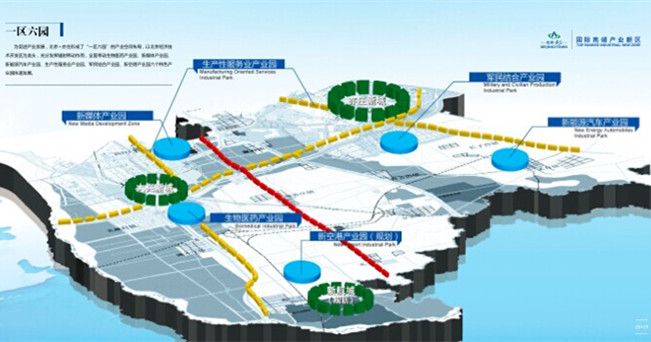Plastic pollution still a problem after ban
( China Daily )
Chinese cities are producing more domestic waste and are still grappling with an acute plastic pollution problem 10 years after the government banned shops from handing out free plastic bags, official statistics show.
Urban areas generated about 179 million metric tons of garbage in 2014, 191 million tons in 2015 and 217 million tons in 2016, according to a report released by the Ministry of Housing and Urban-Rural Development in January.
While that's less than the 246 million tons in the European Union in 2016 or the 258 million tons in the United States in 2014, most Chinese garbage went to incinerators without being sorted, which can cause secondary pollution. Kitchen waste, for instance, requires extra fuel to incinerate, and that increases costs and pollution if it is not separated out.
Wen Zongguo, an environmental management professor from Tsinghua University, told the People's Daily that garbage sorting played a key role in reducing pollution. For example, waste that released more heat could be used for power generation, while more degradable trash could be turned into fertilizer.
Plastic is a large and growing source of waste 10 years after the government ban, with the use of plastic bags rising with the popularity of online shopping and food delivery services.
According to statistics from China's top three food delivery services, they take an average of 20 million orders a day, which would mean they use at least 40 million food containers each day. Based on an average weight of 6 grams per container, the waste produced in an entire year would weigh 87,600 tons.
Statistics from the State Post Bureau show that 31.3 billion express deliveries were made in 2016, which consumed 14.7 billion plastic bags, 3.7 billion packages and 330 million rolls of tape. But the recycling rate was only 10 percent.
The numbers are massive, and officials and e-commerce companies are addressing the problem. Many bins and garbage bags in Beijing now feature QR codes that residents can use to track their sorted waste and accumulate credits they can exchange for daily necessities.
E-commerce giant JD launched a greener delivery project last year including the use of thinner tape, more degradable packaging, and delivery teams using renewable energy. It also aims to make all its packaging recyclable or renewable by 2020.
Food delivery services, in conjunction with the China Cuisine Association and the China Environmental Protection Foundation, proposed 10 principles last year to make food delivery greener, including charging for chopsticks and napkins.
zhangyangfei@chinadaily.com.cn
(China Daily 06/19/2018 page6)
 The Area with Six Parks
The Area with Six Parks Global Top 500
Global Top 500